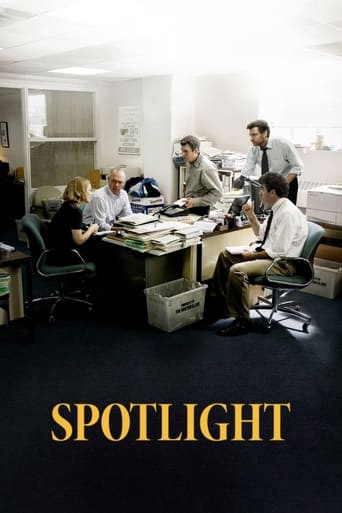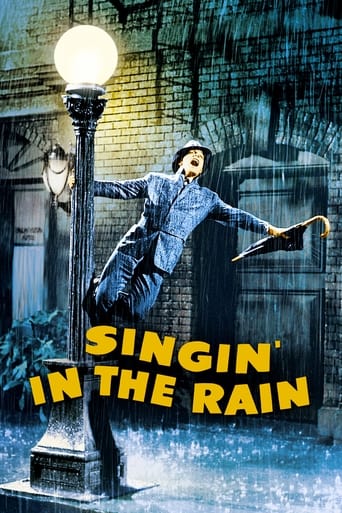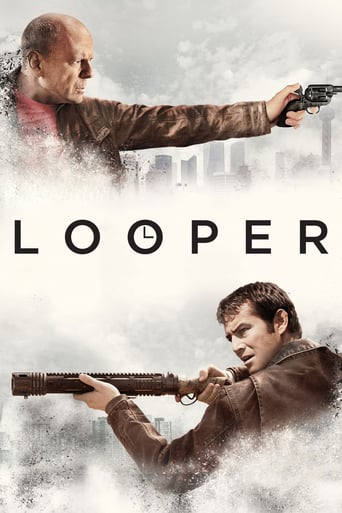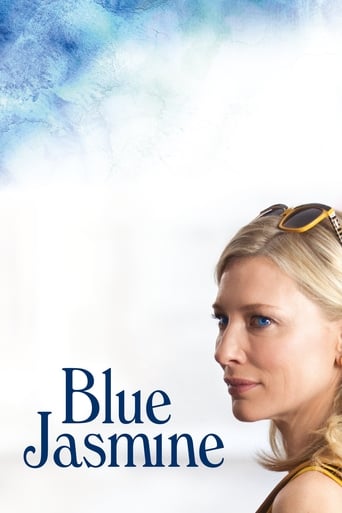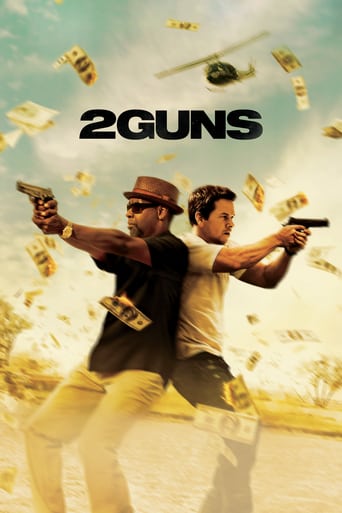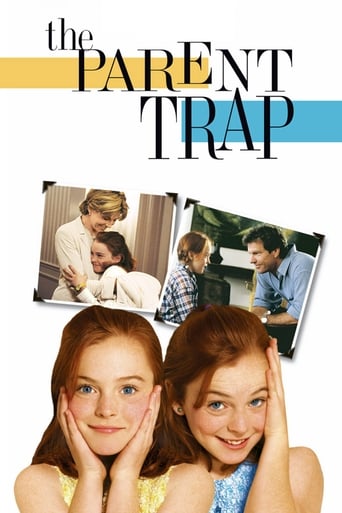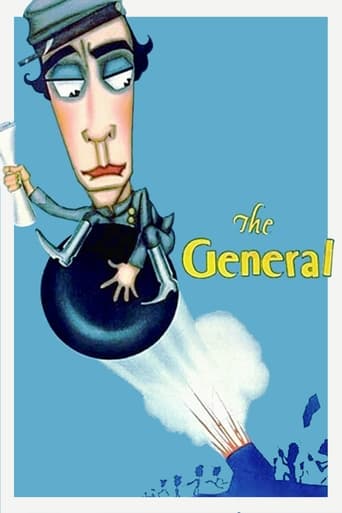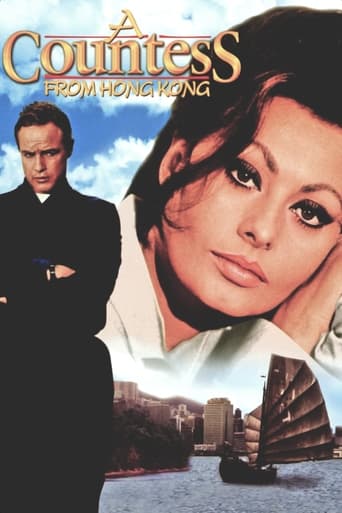


A Countess from Hong Kong
A Russian countess stows away in the stateroom of a married U.S. diplomat bound for New York.
-
- Cast:
- Marlon Brando , Sophia Loren , Sydney Chaplin , Tippi Hedren , Patrick Cargill , Charlie Chaplin , Margaret Rutherford


Similar titles
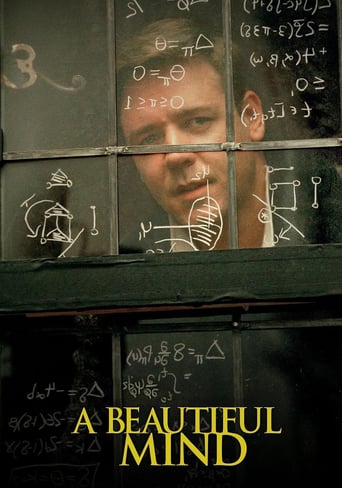
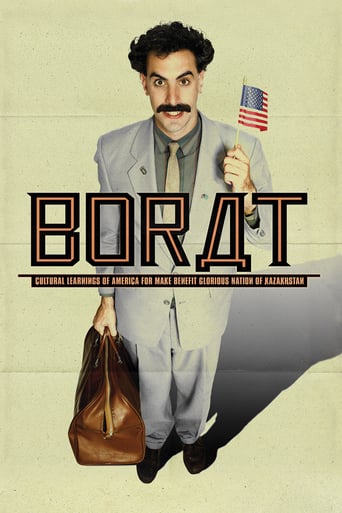
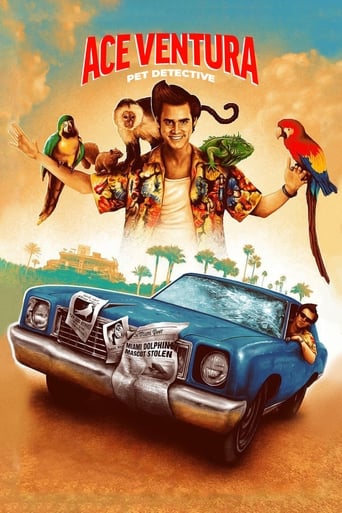
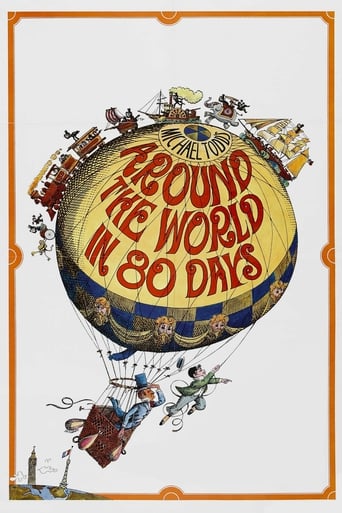
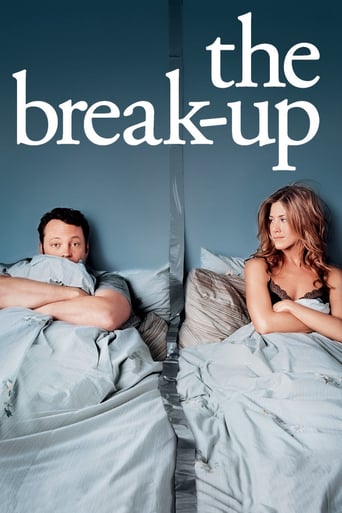
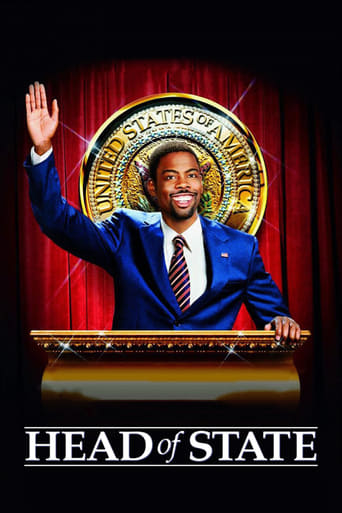
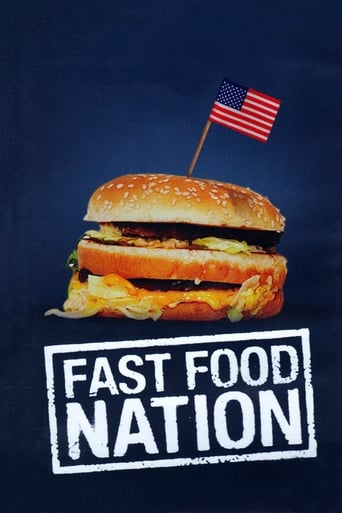
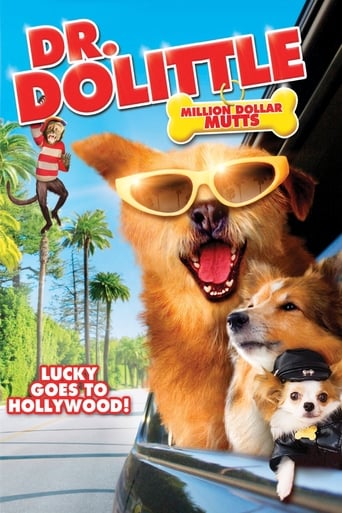
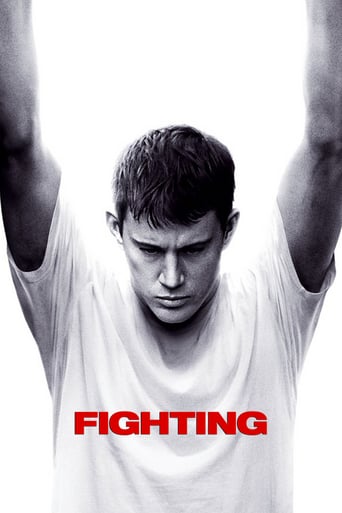
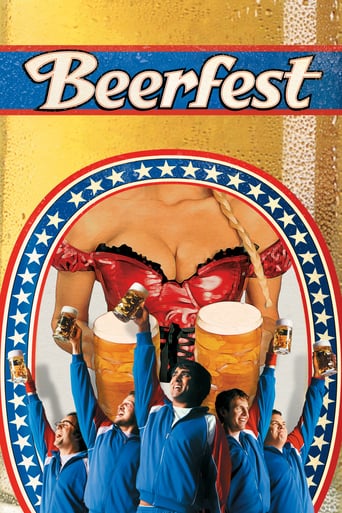
Reviews
Very Cool!!!
A brilliant film that helped define a genre
In truth, there is barely enough story here to make a film.
All of these films share one commonality, that being a kind of emotional center that humanizes a cast of monsters.
While watching movies like "Blade Runner", Leone's brilliant "Spaghetti Westerns" and "Once Upon a Time in America" or Chaplin's "A Countess from Hong Kong" you may found yourself wondering of why these exquisite pieces of art were at the time bashed by critics. If you'll read those critical reviews you'll find that the critics' statements are at least weak if not laughably delusional. However some of those criticisms are now reconsidered, other false critical statements are still spoiling minds of public with rather biased claims.If you'll watch "A Countess from Hong Kong" without knowing anything about background of this movie (abstracting from your knowledge about Charlie Chaplin, Marlon Brando and their history), you'll see masterful comedy which will make you laugh to the tears, which is performed by excellent actors (just watch ingenious Sophia Loren's gestures in the silent cinema style), filled with eloquent music and bearing deep social context. Kind of comedy that filmed maximum once in a decade, moreover, in my opinion, "they don't make them like that anymore".So what the problem with all that tendentious critical reviews? George Orwell in his BBC broadcast in 1941 (published as "The Frontiers of Art and Propaganda" and "Literature and Totalitarianism") noted about new tendencies in literature criticism that "this is not a critical age. It is an age of partisanship and not of detachment, an age in which it is especially difficult to see literary merit in a book with whose conclusions you disagree. Politics - politics in the most general sense - have invaded literature, to an extent that does not normally happen, and this has brought to the surface of our consciousness the struggle that always goes on between the individual and the community. It is when one considers the difficulty of writing honest unbiased criticism in a time like ours that one begins to grasp the nature of the threat that hangs over the whole of literature in the coming age... criticism of the older kind - criticism that is really judicious, scrupulous, fair-minded, treating a work of art as a thing of value in itself - has been next door to impossible".Sad to say but it seems like all those critical bashing of Leone's films as well as attacks on the Chaplin's last movie, filmed after his banning from the United States, have nothing in common with true art criticism. In Chaplin's case it is simple political persecution, in Leone's case - fear of competition and the inability to accept new art forms in something, previously considered exclusively American (yes, best Westerns are European). You can notice almost same thing happening now with Eastwood's "American Sniper" - only in the last case critics from the left wing are unable to recognise "Sniper's" aesthetic merits, bashing it simply as pro-war and "conservative". Paraphrasing Orwell, we can say that film criticism "has almost ceased to be aesthetic. It has been swamped by propaganda". Moreover, most dangerous and clever criticism of such kind tries to hide its true nature, avoiding direct political statements and imitating aesthetic criticism, discouraging public from film appreciation, which is not so hard to achieve if such criticism is shared on the large scale. This is the reality public shall take into consideration while listening to modern criticism. We must not allow to biased and dishonest people, which call themselves "critics", to spoil our minds. Their best interests are not public's best interests.As for the "A Countess from Hong Kong" - it is simply a comedy masterpiece, a must see film for all true movie fans. 9 out of 10
There are some famous names, Charles Chaplin, Marlon Brando... Sophia Loren, yes, her! As usual playing a woman from slum who tries to blackmail a man of status, 120% cliché! But the cliché and predictability is not a major problem, I never expected Billy Wilder from Charles Chaplin. The problem is that the whole thing happens in room in a ship with essentially 2-3 characters. It could be a good play for theatre or even Broadway adding some songs but making a feature film based on a play so simple and lame? Sophia Loren would jump on it I bet but I really don't know what Chaplin persuaded Brando to play in it as the movie was so bad that it had the potential to single handedly end his career. May his soul rest in heaven but I guess it was time for Chaplin to just give up on cinema and enjoy his rest of the days.
A COUNTESS FROM HONG KONG (1967) is a silly slapstick romantic comedy and is somewhat entertaining in that Brando is in an atypical role. Sophia Loren stars as a Russian countess who stows away in a rich American's (Brando) stateroom on a cruise liner to escape a life of forced prostitution. Teppi Hedron is also on hand. This was director Charlie Chaplin's last film; he went into a depression after its box-office failure. The problem I have with it is that it's completely set-bound on the cruise liner; in fact, practically the entire film takes place in Brando's quarters, which gives it a goofy sitcom vibe.The film runs 108 minutes.GRADE: C-
This is a brief review of Charlie Chaplin's last six feature films.A comical take on Lang's "Metropolis" (1927), Chaplin's "Modern Times" opens with the words "a story of industry and individual enterprise, humanity crusading in the pursuit of happiness!", an ironic jab at the mantras of industrial capitalism. The film then finds Chaplin reprising his iconic role as "the tamp", a poverty-stricken but lovable outcast whose ill-fitting clothes epitomise, amongst other things, his inability to fit in.The film watches as the tramp struggles to survive in a depressed economy. Like "Metropolis", it satirises labour, management and dehumanising working conditions. Elsewhere life for the worker is seen to be precarious, alternatives to playing the game are but death or prison, giant clocks speak to the daily grid of blue-collar workers, bosses are shown to be obsessed with speed and production, the property class relies on police brutality and all-encompassing surveillance, and the workplace itself is painted as an absurdest torture chamber. The film ends with the tramp on a road, America's future uncertain."Modern Times" made waves when it was released. It was banned in fascist Germany and Italy, then allies of the West, and scorned by those in power in the United States. It was also heavily praised in the Soviet Union and France, particularly by philosophers Jean-Paul Sartre, Simone de Beauvoir and Maurice Merlau-Pony. The film's middle section, which featured Chaplin waving a red flag and unwittingly leading communists and worker unions, would get Chaplin on several government watch-lists.Chaplin followed "Times" with "The Great Dictator". Hollywood studios wanted the film scuttled, so Chaplin financed it himself. It contains two criss-crossing plots, one about a Jewish barber who is essentially persecuted by Nazis, the other about a brutal dictator, a stand in for Adolf Hitler. Funny, scary and sad, the film would rock the US establishment. Hitler was, at the time, a US ally and good for business. What's more, he was viewed by those in power as a tool to destroy communist Russia. For many, Chaplin was a "subverisive" who was "inciting war with an ally". Deemed particularly offencive was a last act speech in which Chaplin urges the people of the world to "love one another", "throw away international barriers" and foster an "international brotherhood". Though deliberately vague, this speech was viewed as inflammatory. Was Chaplin extolling the virtues of the United States or the Soviet Union? Regardless, the US' approach to the conflicts in Europe promptly shifted. It became an ally with Russia, Hitler became the enemy and Germany attacked Russia. In the blink of an eye, "Dictator" went from being sacrilege to prophetic.Chaplin, British, was born into extreme poverty and often found himself sleeping on the streets of London. As such, he identified with his "tramp" character completely, as did millions word-wide, who saw themselves in the tramp: desolate, poor and forever bumbling down life's highways. Prior to shooting "Times", Chaplin would embark on a tour of the world, intent on seeing the effects of poverty. He'd talk to many prominent figures, most notably Churchill, George Bernard Shaw, Einstein and Gandhi.As Chaplin grew in consciousness, so would FBI files on Chaplin. He was put under government surveillance and forced to appear before a Senate subcommittee in 1941 where he was accused of being "anti American" and an "unofficial communist". Many newspapers, including the Times, began a campaign attacking Chaplin, and called for his deportation. In the mid 1940s he was charged with the Mann Act and the FBI would collude with newspapers to smear Chaplin as a sex maniac who "perverted American culture". From here on, conservative political pressure groups would attack each new Chaplin release. Some of his films would be boycotted or outright banned. In 1947 he'd be brought before the HUAC committee.Chaplin followed "Dictator" up with "Monsieur Verdoux". A black comedy, the idea for which came from Orson Welles, the films stars Chaplin as a bank clerk who loses his job and so murders women for cash and land. The film's point is explicit: if war is an extension of diplomacy, then murder is the logical extension of business. And so banking terminology is used to rationalise murder, weapons manufactures are idolised and the poor are condemned for trying to play by the rules of the wealthy. "Numbers sanctify!" Chaplain says, pointing to Hiroshima, Nagasaki and the ruthlessness of post-war capitalism; kill millions and you're a hero.Next came "Limelight", Chaplin's ode to silent film. Elegiac and autobiographical, the film stars Chaplin and the legendary Buster Keaton as two fading comedians. A meditation on time's passing, the film's also relentlessly optimistic; man must assert his will, his desires, no matter how glum the times! The film would be banned from several US theatres. Chaplin himself was swiftly banned from entering the US and several of his assets were seized. He'd live in Switzerland henceforth."A King In New York" followed. It finds Chaplin playing an usurped "dictator" who seeks refuge in America. Also autobiographical, the film pokes fun at various aspects of US culture, its irrational hatred of all things left-wing and the way in which humans are both always branding and refuse to look beyond the political, beyond superficial branding, to tolerate even the slightest bit of difference or dissent. Chaplin's son would play a hilarious anarcho-communist, but the film as whole messily mixed silent gags with sound comedy.Chaplin's "A Countess from Hong Kong" confirms that Chaplin's films were moving from the lower to the upper echelons of society. Here Sophia Loren plays a Russian "tramp" who is taken in by a wealthy politician (Marlon Brando). His worst feature, the film watches as "humane" capitalism benevolently absorbs the "detritus" of Russia and Asia. Chaplin accepted an honorary Oscar in 1972. He received the longest standing ovation in Oscar history.4/10

